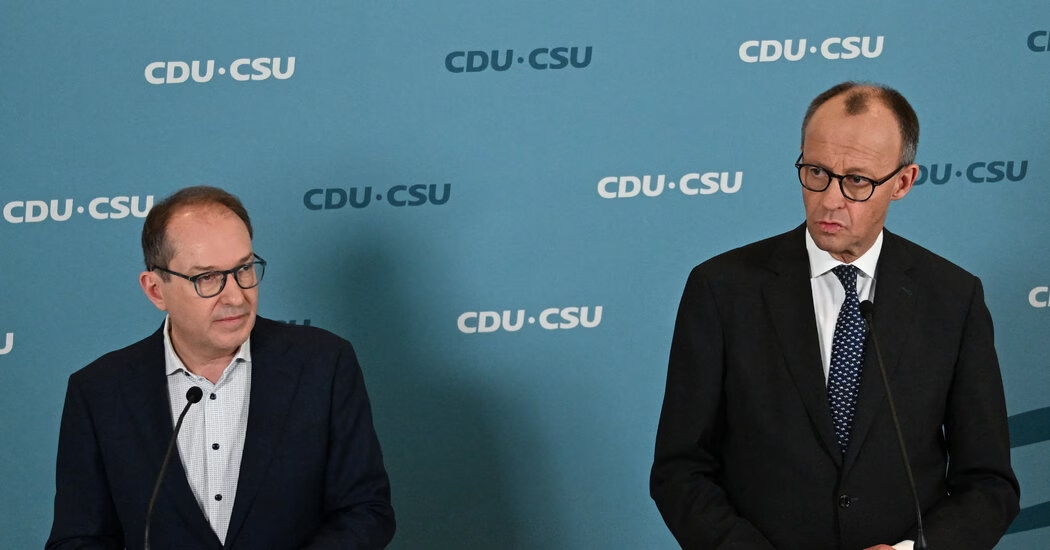Friedrich Merz, who is likely to become the next chancellor of Germany, announced on Friday that he had reached an agreement with the Green Party to undertake extensive new government spending for defense, infrastructure, and projects related to climate change. This deal, announced after days of negotiations, paves the way for an early next week vote on measures that are seen as a response to President Trump’s decision to withdraw American security guarantees for Europe.
The proposed measures would involve lifting Germany’s long-held limits on government borrowing, specifically as they apply to military spending. Defense spending above 1 percent of the nation’s gross domestic product (GDP) would be exempt from these limits, and the definition of “defense” would be expanded to include intelligence spending, information security, and more. This would effectively allow Germany to spend as much as it can feasibly borrow to enhance its military capabilities.
Mr. Merz stated, “There will no longer be a lack of financial resources to defend freedom and peace on our continent,” adding that “Germany is back. Germany is making a major contribution to defending freedom and peace in Europe.”
To secure support from the Greens and the center-left Social Democrats, who are currently in talks to join Mr. Merz’s new government, Mr. Merz and his center-right Christian Democrats agreed to establish two new domestic spending funds. The first fund, which will be financed with borrowed money that is excluded from the constitutional debt limit, will spend 500 billion euros (approximately $544 billion) over the next 12 years to improve the country’s infrastructure, something that economists have long argued is necessary to stimulate an economy that contracted last year.
The second fund, which will not be exempt from the debt limit, will allocate 100 billion euros to address climate change, which is the main demand of the Greens and is a key area of focus for the new government. Earlier this week, the Greens had threatened to block Mr. Merz’s measures in Parliament.
Mr. Merz described the agreement as “a good result acceptable to all parties involved.”
Source: https://www.nytimes.com/2025/03/14/world/europe/germany-defense-climate-spending-deal.html






